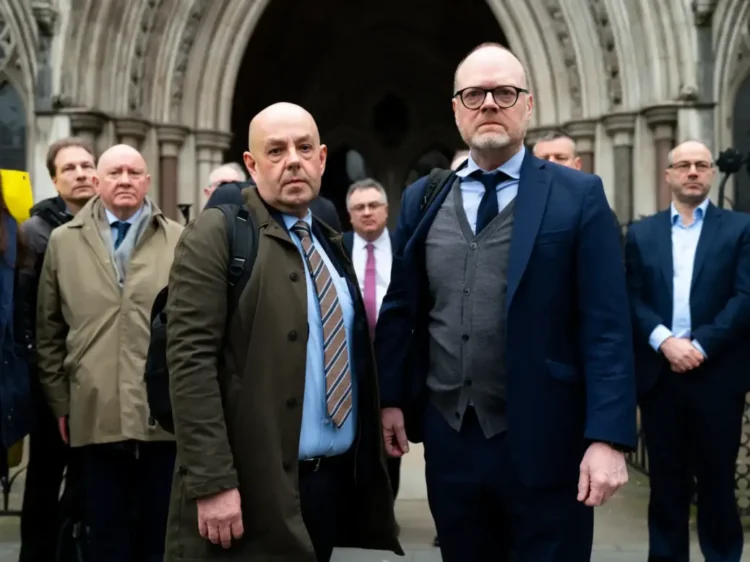By Tony O’Reilly-
Amnesty International and the Committee on the Administration of Justice (CAJ) have called upon the Policing Board to launch a comprehensive inquiry into into allegations that journalists in Northern Ireland were subject to unlawful covert surveillance by police.
Amnesty International and the CAJ have written to the board, the oversight body for the Police Service of Northern Ireland (PSNI), raising “serious concerns over how widespread the practice of surveillance of journalists and others may have been”.
It comes after a tribunal was told that police mounted a covert surveillance operation following the arrest of two journalists in a bid to unmask one of their sources.
The request follows revelations made during an ongoing tribunal, where it was disclosed that police conducted covert surveillance operations targeting journalists Barry McCaffrey and Trevor Birney.
The arrest of the two filmmakers in 2018, amidst a police investigation into the leaking of a confidential document featured in their documentary on a Troubles massacre, sparked controversy and raised questions about press freedom and police conduct.
According to testimony presented to the Investigatory Powers Tribunal (IPT), the arrest was allegedly a strategic maneuver aimed at uncovering the journalists’ confidential sources. The revelations have prompted widespread condemnation and calls for accountability.
In a joint letter addressed to Policing Board Chairwoman Deirdre Toner, Patrick Corrigan of Amnesty International and Daniel Holder of the CAJ expressed grave concerns over the potential scope of surveillance practices targeting journalists.
They highlighted a pattern of alleged unlawful surveillance deployed against multiple journalists under various police chiefs, potentially violating the European Convention of Human Rights.
“While the IPT is focused on specific cases, the broader implications of these revelations cannot be ignored,” the letter stated. “We urge the Policing Board to exercise its powers under the Police (Northern Ireland) Act 2000 to initiate a thorough inquiry into the PSNI’s use of surveillance powers against journalists, lawyers, and other defenders of human rights.”
The letter emphasized the critical role of the Policing Board in ensuring police accountability and maintaining public trust in law enforcement.
It called for proactive measures to address the alleged breaches, which have the potential to undermine both public confidence in policing and the effectiveness of oversight mechanisms.
Responding to the request, a spokesperson for the Policing Board affirmed that the correspondence from Amnesty International would be considered at the board’s upcoming monthly meeting. Meanwhile, efforts to obtain comment from the PSNI on the matter are ongoing.
The outcome of this inquiry could have far-reaching implications for the relationship between the media, law enforcement, and democratic institutions in the region.
Image: Jordan Pettitt/PA

AD: Heritage And Restaurant Lounge Bar
-
Share On
- Categories
- Date

